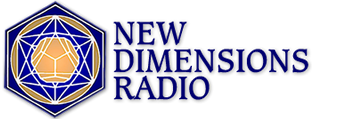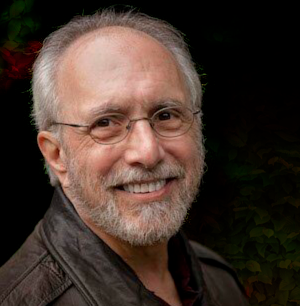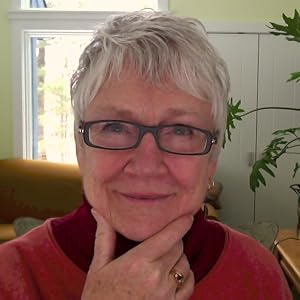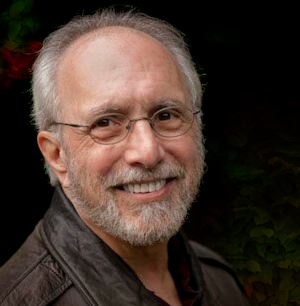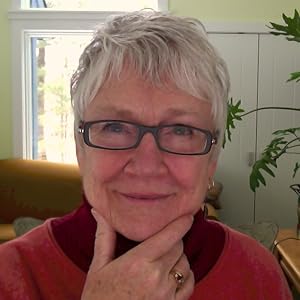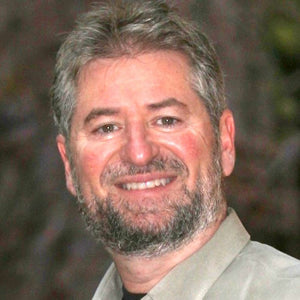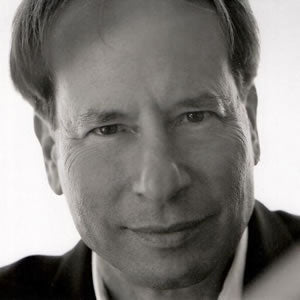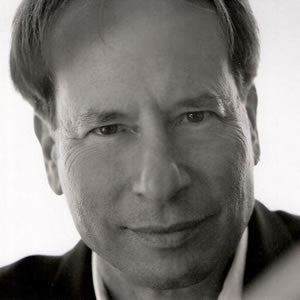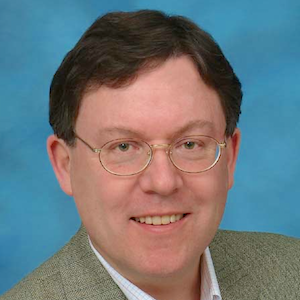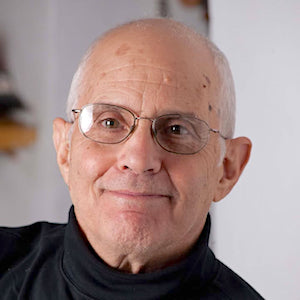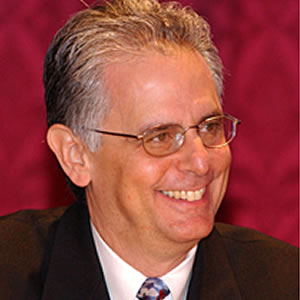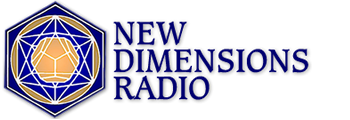Complexity Theory, Consciousness, and Everyday Life with Neil Theise, M.D.
Product Tags
- AIDS
- ant colonies
- ant colony
- Buddhism
- Buddhist relative and absolute
- complementarity
- complexity theory
- consciousness
- Covid
- errant ant
- hard problem in science
- holocaust
- liver cells
- mass extinction
- Max Planck
- Neil Theise
- nonlocality
- particles
- Personal Transformation
- photons
- quantum physics
- quenched disorder
- Science
- spacetime energy field
- stem cells
- technosphere
- waves
